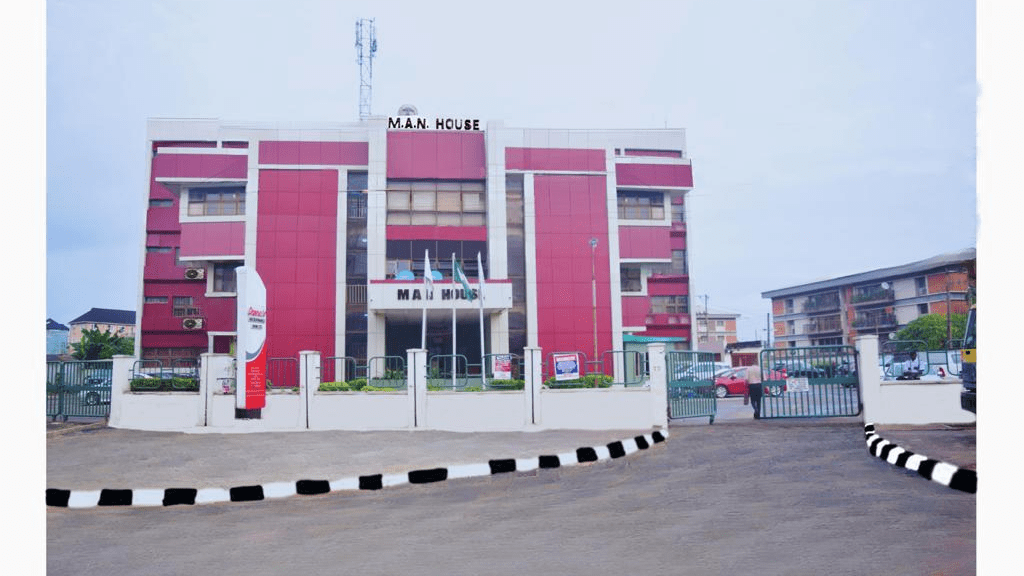
Emma Okonji
Determined to achieve inclusive national development, particularly in rural areas, where over 45 per cent of Nigeria’s population lives, but continues to face systemic exclusion from digital opportunities, the Nigerian Communications Commission (NCC) has reassured Nigerians of its resolve to unlock rural economic potential with digital connectivity.
The commission restated this in Lagos during the Rural Connectivity Summit, organised by the Rural Connectivity Initiative in partnership with key industry stakeholders, themed: “Rethinking Digital Connectivity to Unlock Rural Economic Potentials.”
According to NCC, the accurate measure of connectivity is not in megabits per second, but in the economic value it creates, adding that for the industrialist, the miner, the entrepreneur, and security services, connectivity is an indispensable enabler.
In his keynote address, themed: “Leaving Nobody Behind: Leveraging Regulatory Advantages to Bridge Nigeria’s Digital Divide,”the Executive Vice Chairman of NCC, Dr. Aminu Maida, said digital divide in rural areas became a barrier to education, healthcare, financial inclusion, and economic empowerment, insisting that ridging the divide is central to achieving inclusive national development, particularly in rural areas.
Maida, who was represented by the Zonal Controller, Lagos Zonal Office of the NCC, Mr. Tunji Jimoh, said: “A community without digital connectivity is functionally invisible, cut off from modern education, global markets, specialisedhealthcare, and opportunity. The digital invisibility in rural communities is an unacceptable situation that we must act decisively to end. Central to this effort is the pursuit of Universal and Meaningful Connectivity (UMC), as emphasised in the ITU’s ICT Development Index (IDI) 2025. UMC ensures not just access, but safe, enriching, and productive online experiences at affordable costs.”
According to Maida, the urban-rural digital connectivity divide in Nigeria remains stark, exacerbating inequalities. While urban areas boast up to 57 per cent internet access, rural communities lag significantly at only 23 per cent.
“Cities like Lagos, Abuja, and Port Harcourt account for 75- 80 per cent of total data usage, driven especially by better infrastructure and affordability, but in contrast, rural areas face barriers such as limited fibre optic networks, high deployment costs, and infrastructure vandalism, resulting in lower broadband penetration and slower adoption. This divide not only hampers economic potential in agriculture, education, and health but also widens the gap in digital skills and opportunities,” Maida said.
To address the challenges, the NCC boss saidthe commission and its Universal Service Provision Fund (USPF) have been at the forefront of bridging the digital divide, particularly through Digital Intervention Initiatives and Digital Connectivity projects targeted at underserved and unserved rural areas.
“The USPF, as the commission’s engine for social equity, translates high-level policy into tangible impact in commercially non-viable regions,” Maida further said, adding that NCC is willing tounlock rural economic potential, bridge the divide, and ensure no Nigerian is left behind.
In his welcome remarks, the convener of Rural Connectivity Summit, Mr. Omobayo Azeez, said the summit was organisedto confront the realities that continue to hold millions of Nigerians back from participating fully in the digital economy.
According to him, rural connectivity must become a deliberate national priority in Nigeria, and not just a footnote in our development agenda, given the current data, which stipulates that more than 20 million Nigerians still live without any form of connectivity access.
The number, he said, was not just a statistic, but represented families, farmers, teachers, traders, and health workers, people who remained cut off from the transformative power of technology. “Connectivity is more than cables and towers. It is access to education, to healthcare, to markets, to governance, and to opportunities. Every unconnected community represents lost potential of a student who cannot learn remotely, a farmer who cannot access market prices, and a clinic that cannot receive telemedicine support,” Azeez said.



